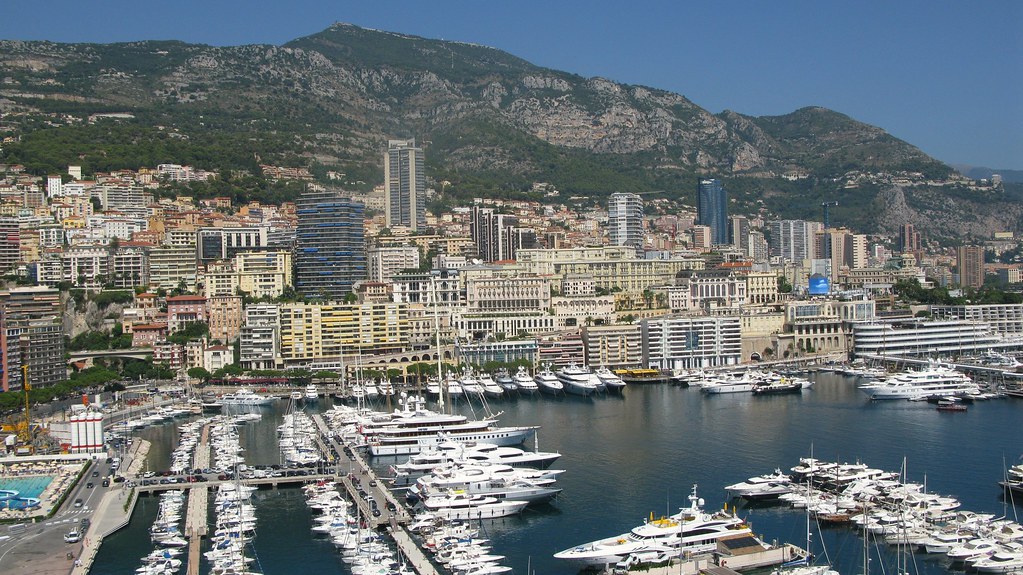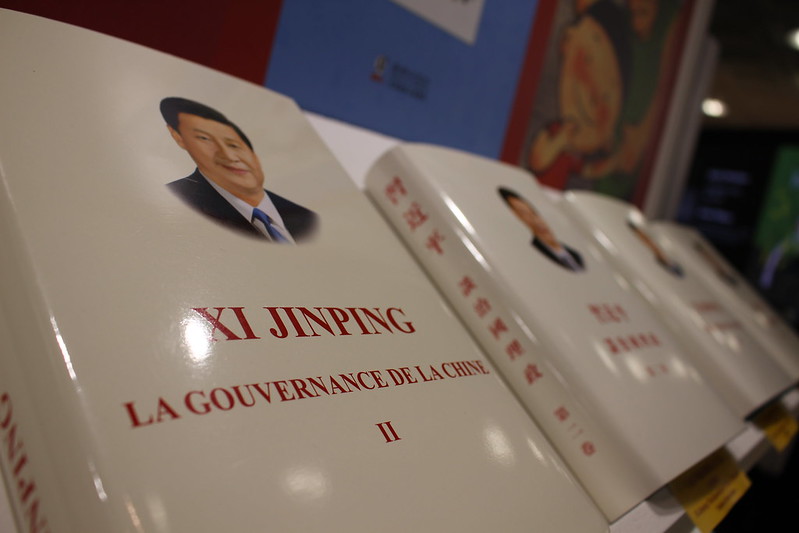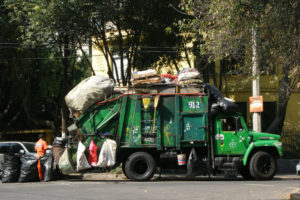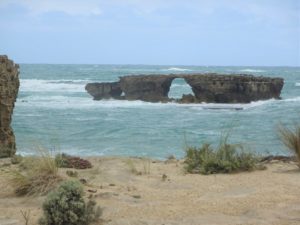Letter from La Vigie, dated 10 January 2024
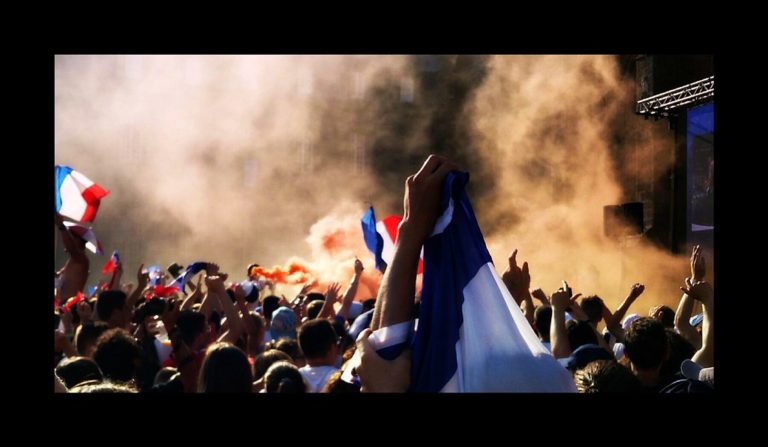
Outlook for 2024
On the whole, 2023 was a gloomy year, with wars in Ukraine, Gaza, Sudan, Burma, the Sahel and Yemen, Burma, and the crises in the Sahel and Yemen), but there were a few some positive flashes. 2024 offers an uncertain EU, a weakened United States United States, a Middle East under great strain, Asia following its own course, Africa in turmoil and France undecided.
To read the article, click here
A single objective: victory!
The funds allocated to the armed forces are increasing sharply all over the world. Conversely, many operations and wars, especially in the West, have become bogged down or have ultimately failed, in recent years. The questions that arise are: what is the purpose of the army? and how to achieve victory? A re-reading of Clausewitz would seem a wise way of answering these highly topical questions.
To read the article, click here
Lorgnette: 2023, a hot year
Météo-France made this clear in a note published last month: 2023 is the hottest year since the beginning of the pre-industrial era (1850-1900). It overtakes 2016 and 2020, 2nd and 3rd. The global temperature is 1.4°C above the “normal” average.
Although some regions experienced temperatures below these long-term averages below these long-term averages (for a short time), the global consequences are clear: sea ice has retreated, many regions have experienced record-breaking heat, fires and floods have increased, and species extinction has developed. 2023 will also be one of the warmest years in years to come. We’ll remember it as an almost normal year, compared with the excessive temperature extremes that await us tomorrow.
There are two options for reducing greenhouse gases, the main cause of global warming. responsible for global warming: reduce our production (and therefore consumption of fossil fuels) or to bet on technological solutions that are slow in coming on the scale we need. But we’ll need both if we want to be able to say: “we’ve been hot! “.
Subscribers: click directly on the links to read online or download the pdf issue (here), always with your login/password. New readers: read the article by issue, by clicking on each article (€2.5), or subscribe (discovery subscription €17, annual subscription €70, orga. subscription €300 excl. tax): here, the different options.
JOVPN
